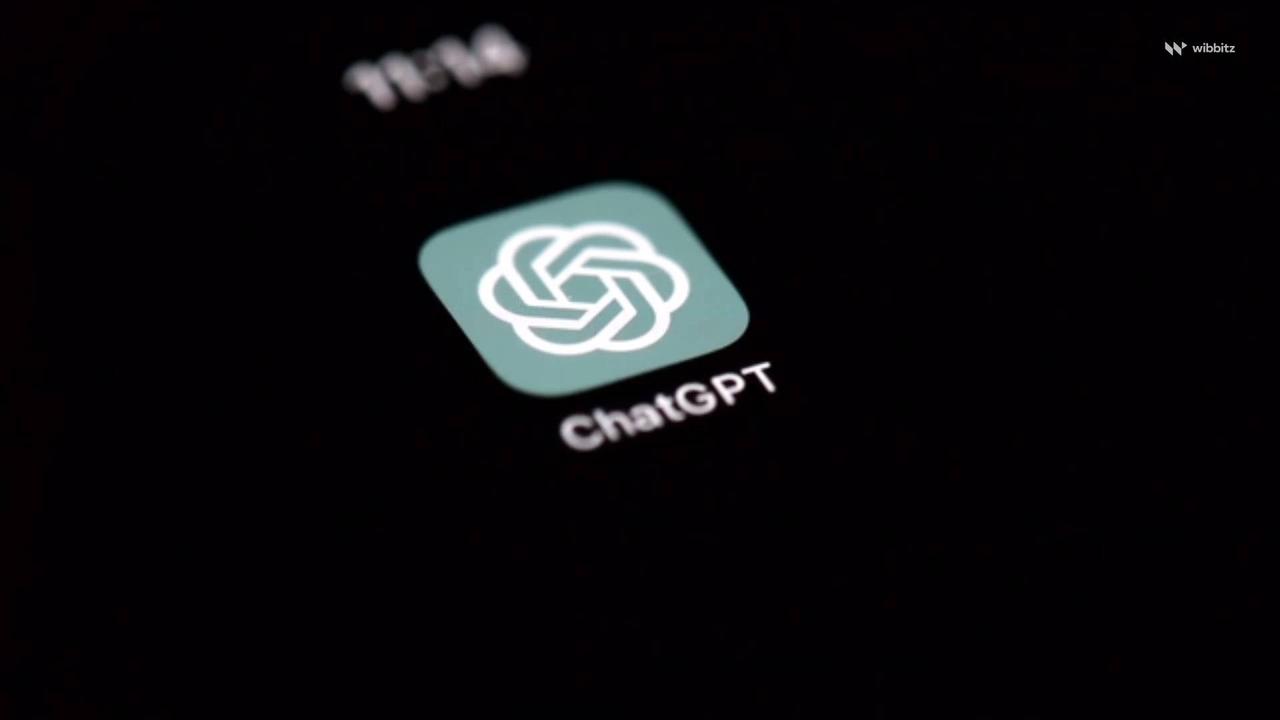ChatGPT Can Now Access the Internet

ChatGPT Can Now Access the Internet
ChatGPT Can Now , Access the Internet.
CNET reports that on March 23, OpenAI announced that it will be slowly introducing plugins for ChatGPT.
Though not a perfect analogy, plugins can be 'eyes and ears' for language models, giving them access to information that is too recent, too personal, or too specific to be included in the training data, Via OpenAI's website.
CNET reports that the first batch of plugins help ChatGPT to access "new sources of live data" on the internet.
.
For example, ChatGPT can now interact with third-party sources like Expedia, Kayak and Instacart.
Previously, ChatGPT could only use its training data.
However, research indicates that giving a chatbot access to the web can be risky.
For example, it may quote unreliable sources or , "increase safety challenges by taking harmful or unintended actions, increasing the capabilities of bad actors who would defraud, mislead, or abuse others," OpenAI says.
To combat these risks, OpenAI has implemented safeguards and restricted access to a limited number of users and developers to begin with.
.
Plugins are very experimental still but we think there's something great in this direction.
It's been a heavily requested feature, Sam Altman, OpenAI co-founder, via Twitter
